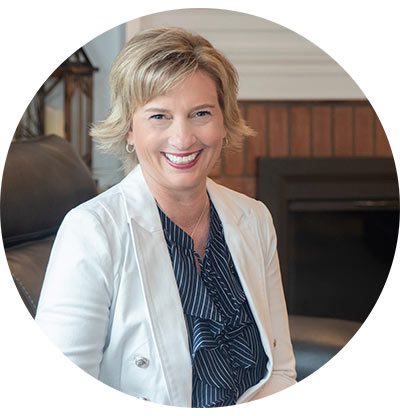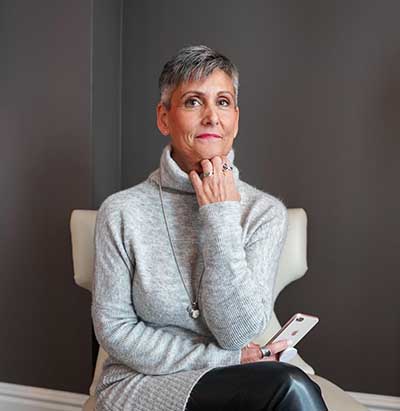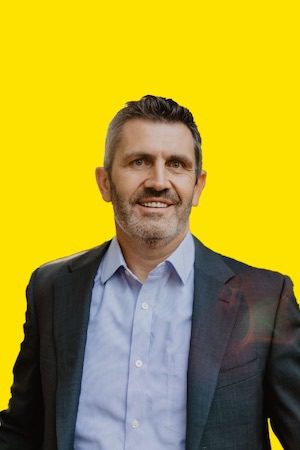611 – Productive People Are Continually Optimizing – Productivity Building Block #4
- 611 - Productive People Are Continually Optimizing - Productivity Building Block #4 Lisa Woodruff 36:34
The first building block to becoming a truly productive person is scheduling. Gretchen Rubin’s personality test shows me as a questioner leaning towards a rebel. I love reinventing the wheel. As you know, I have been doing this through my PhD. And I recently came across a study that I have now read many times called “Who’s Remembering to Buy The Eggs?” by Julie Holliday Wayne et al. It uses the term Invisible Family Load.
Invisible Family Load
I just loved the intentionality and thoroughness of the words she selected to sum up the invisible work of household managers. She started with invisible instead of mental which would imply mental only, but what about scheduling? Planning or worrying? Invisible is inclusive and encompassing. And then she used the word family to include people outside the structure of the home that a household manager would be caring for, like a college student or elderly family member. And lastly, she selected load instead of labor. Labor you get paid to do. Load was explained as being put on, burdensome, or weighing down a mind, thus requiring cognitive load and not getting paid for it. Do you know the top two tasks people marked the most as invisible in a study? Planning (#1) and Scheduling (#2); I think I’m onto something!!
Schedules Sunday Basket®
I explained a few times that I created different types of schedules I have had in this episode. When I was still in-home organizing, I developed two types of schedules. I had one for working outside my home and one for working from home. I found that when a client canceled at the last minute, I would get frustrated and I was stumped on how to move forward with my day. Once I developed schedules, or scaffolding, for outside or inside work, I would just move to my working from home schedule when clients canceled. For my family, we had a weekend schedule and weekday schedule. Schedules simply keep you on task and eliminate decision making. Every Sunday, I go through my Sunday Basket®. Depending on things that need to get done that week, I can fill in my schedule, keeping in mind the routines I have established. It’s a general guide or, as I mentioned, scaffolding.
Scaffolding Planning Days
Schedules give you structure but keep in mind, they can be reevaluated. Planning Days give you an opportunity to tweak your schedules. The Sunday Basket® is weekly and Planning Days offer the scaffolding, zooming out a little. Maybe you notice you want to change activities on different days due to a sports schedule change or getting your PhD. In Home Planning Day, we develop routines for morning, afternoon, and evening. In Workbox Planning Day, we develop routines for starting your work day, mid day, and ending your work day. Those six routines reduce your cognitive load. You made a plan proactively, now all you have to do is run it, go on autopilot.
Level Up Scheduling
Wanna take scheduling to the Nth degree? Schedule the people coming to your home. I mean, book them out far enough that you can get a complete list of all tasks before they come for the appointment. Once you know they are coming, you may find more tasks for them to complete. And schedule meetings with people. I used to want to connect with people but felt rude telling them it would have to wait two weeks, so I just wouldn’t reach out or reply. I found over time that people don’t mind at all. Book the meeting and connect. It may seem weird to book out two months, but the day will be there before you know it and you’ll be connecting like you desired.
Truly productive people are always looking at their schedules and realize they support them through scaffolding. Schedules do not limit them. Up next? Consistency!
EPISODE RESOURCES:
Did you enjoy this episode? Please leave a rating and review in your favorite podcast app. Share this episode with a friend and be sure to tag Organize 365® when you share on social media!




























